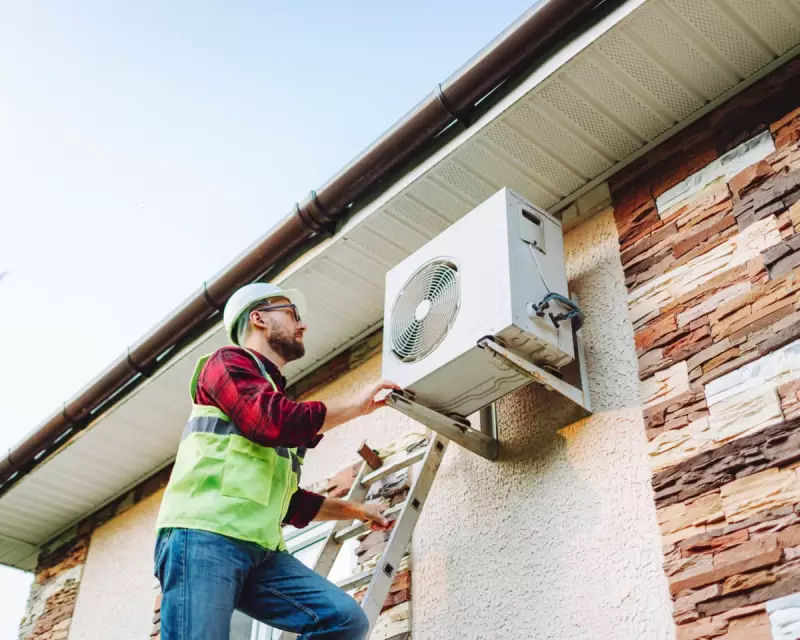
Households across Britain could see their heating bills halved by switching to heat pumps, according to a transformative new study that calls for urgent reform of the UK's energy pricing system.
The research reveals that current policies unfairly burden electricity with environmental levies while leaving gas largely untouched, creating a significant financial barrier to adopting cleaner heating technologies.
The Great Energy Disparity
Today, environmental and social policy costs add approximately 23% to electricity bills while contributing only 2% to gas bills. This imbalance makes running heat pumps – which use electricity – appear more expensive than gas boilers, despite their superior efficiency.
"The way we currently allocate policy costs creates a perverse incentive to stick with gas heating," explains the study's lead author. "Reforming this system is essential for both consumer savings and meeting climate targets."
A Blueprint for Fair Pricing
The study proposes three key reforms that could revolutionise energy affordability:
- Reallocating policy costs from electricity to gas bills
- Introducing a carbon tax on heating fuels
- Implementing targeted support for low-income households
These changes would not only make heat pumps cheaper to run but also create a more level playing field for all heating technologies.
Winter Savings Ahead
Under the proposed reforms, the average household could save approximately £500 annually compared to using a gas boiler. These savings would be particularly significant during winter months when heating demands peak.
Heat pumps operate at 300-400% efficiency, meaning they generate three to four units of heat for every unit of electricity consumed, dramatically reducing energy waste compared to traditional boilers.
Accelerating Net Zero Goals
With heating accounting for approximately 14% of the UK's carbon emissions, transitioning to low-carbon alternatives is crucial for meeting climate commitments. The study suggests that fairer energy pricing could accelerate heat pump adoption without additional government subsidies.
"This isn't about picking winners," the researcher notes. "It's about creating a market where consumers can make genuinely informed choices based on true costs rather than distorted pricing."
The findings come as the government faces increasing pressure to address both the cost of living crisis and climate targets, potentially offering a solution that tackles both challenges simultaneously.





